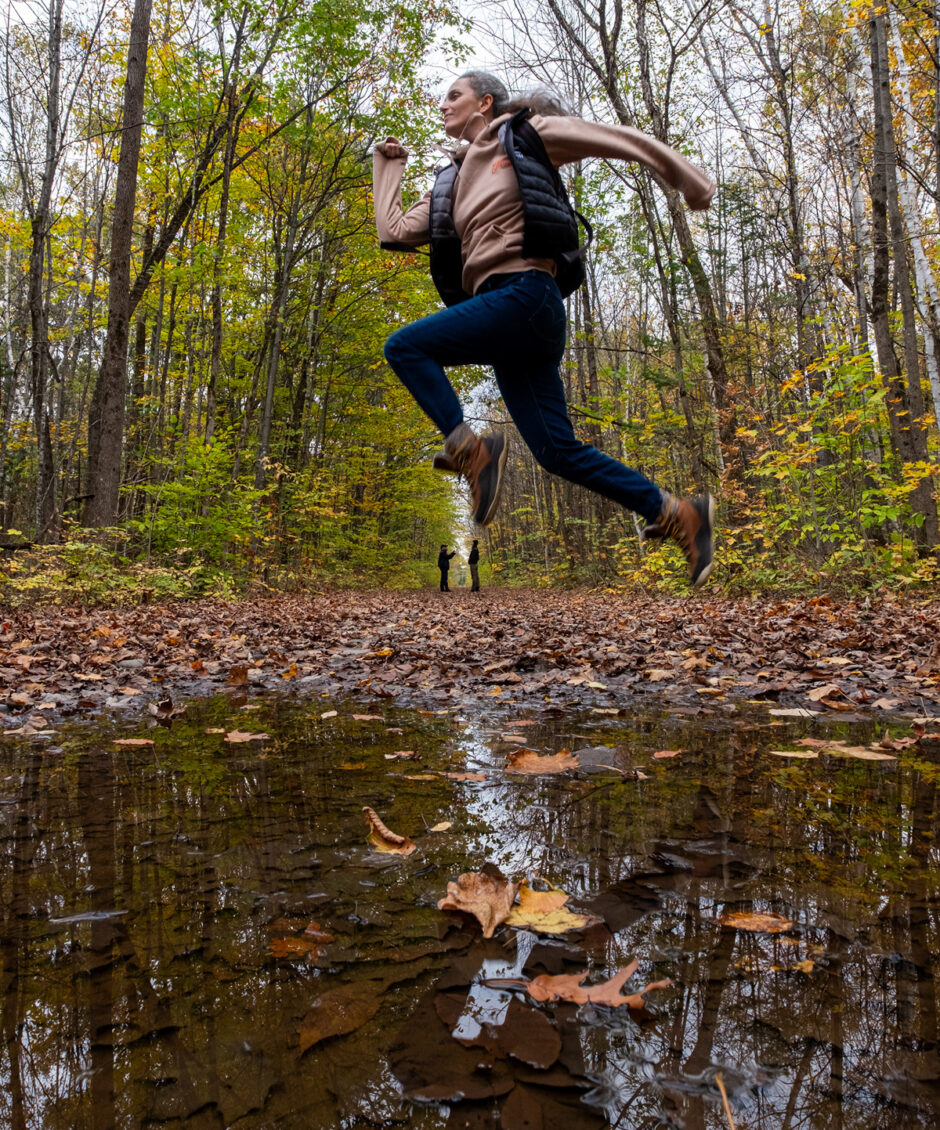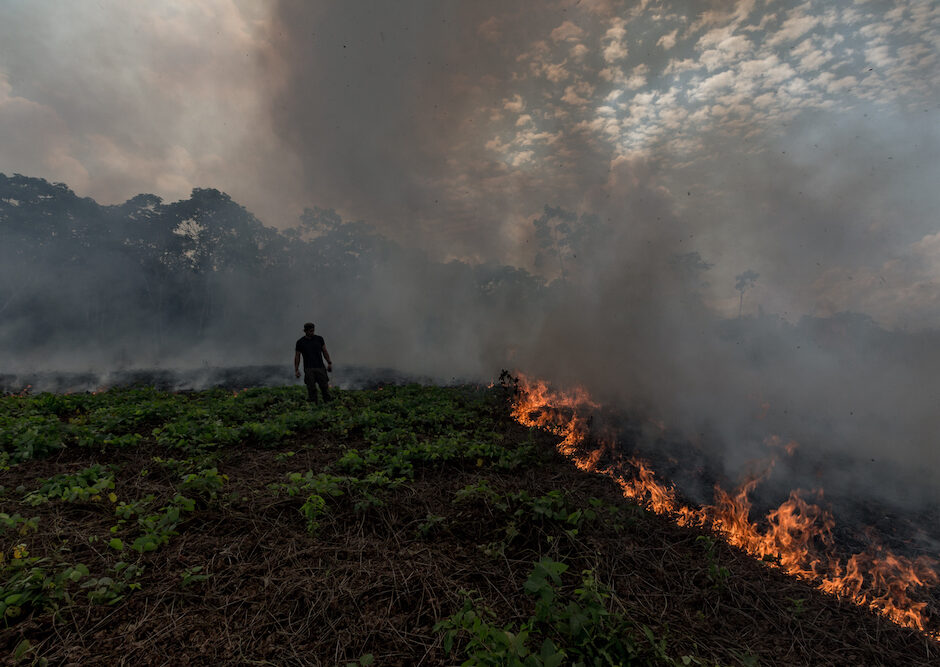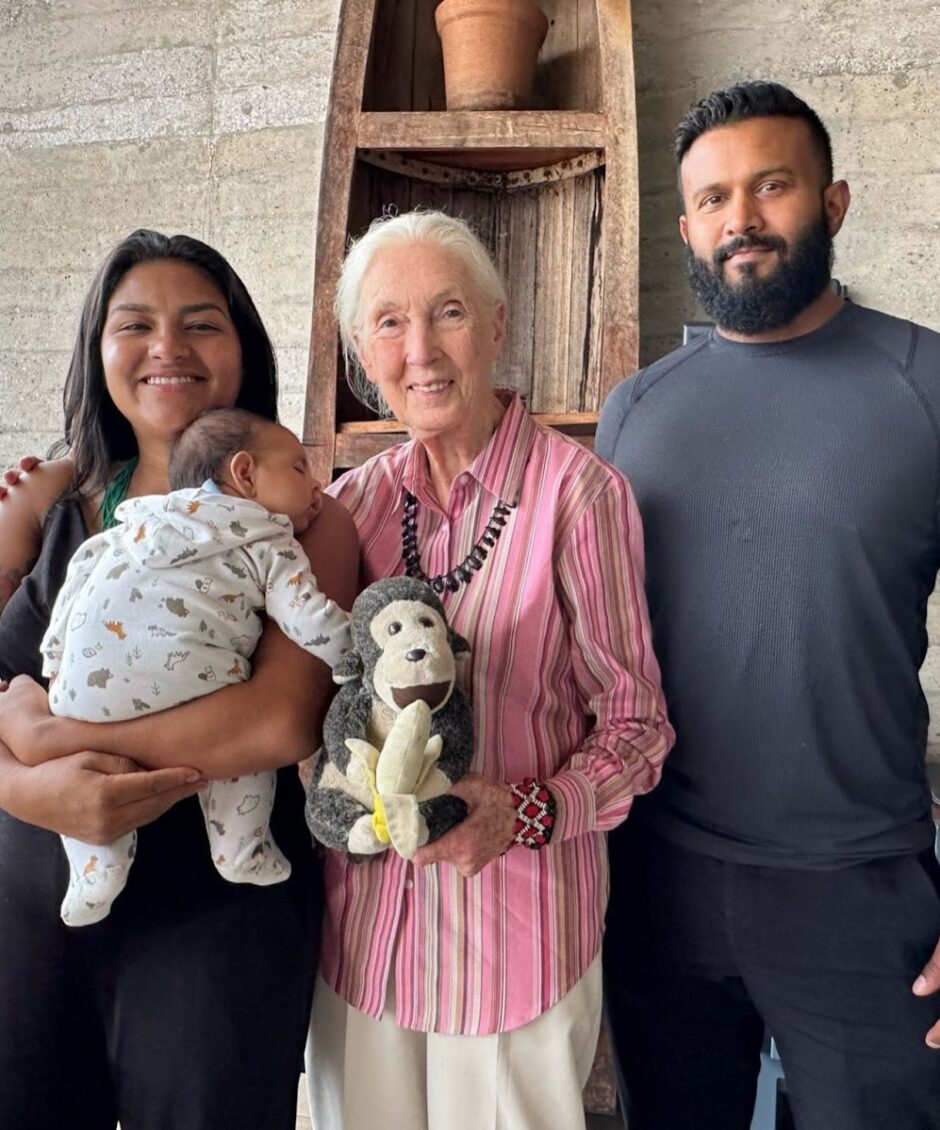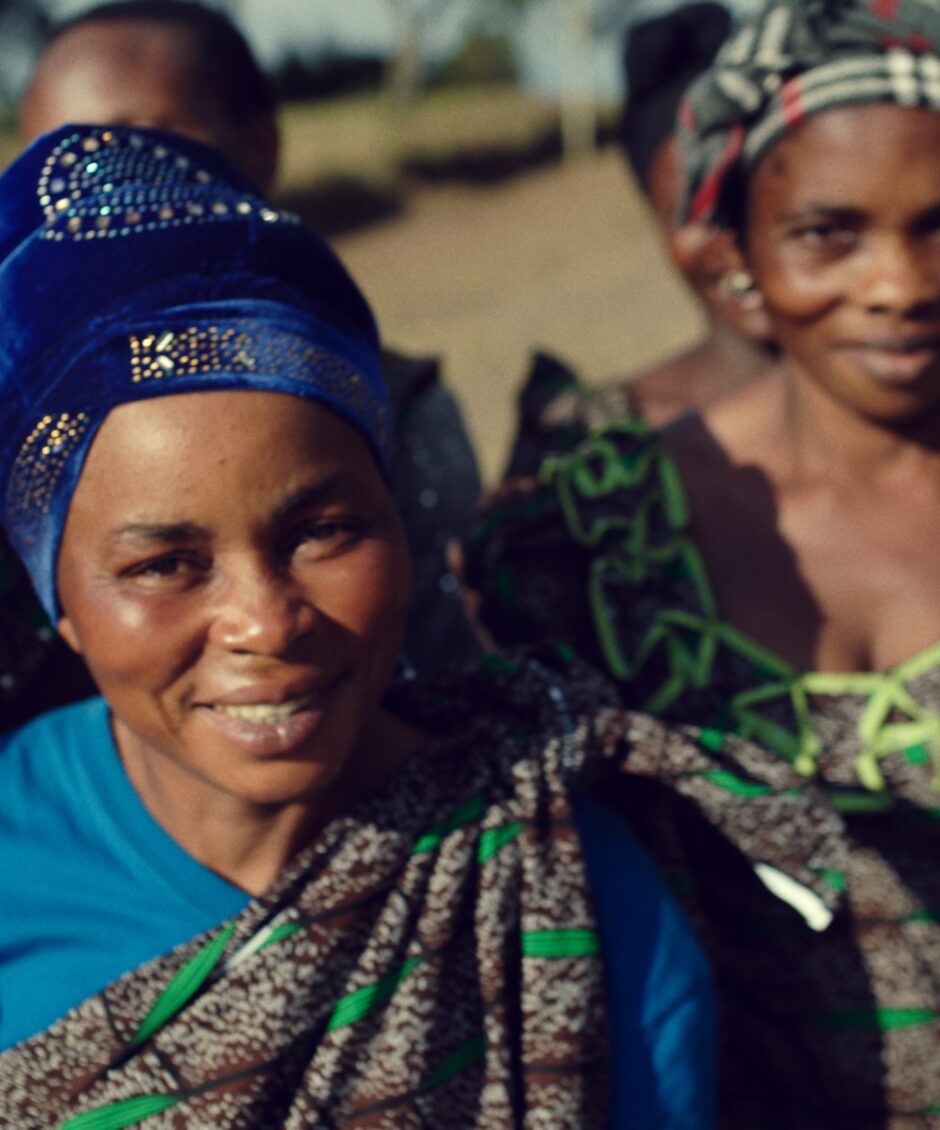Brazil Election Brings Glimmer of Hope for the World’s Rainforests, Say Environmental Defenders
Article
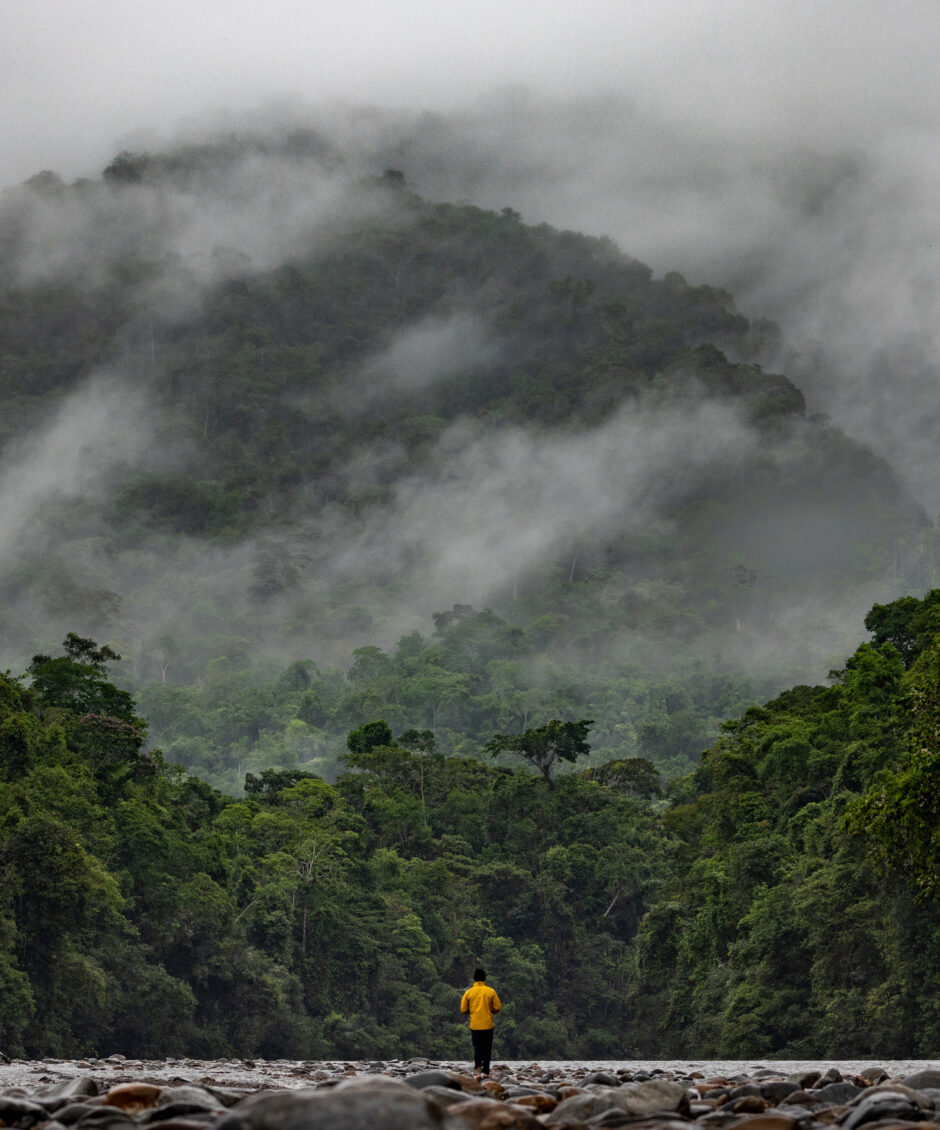
From Peru to Indonesia to the Congo Basin, the election in Brazil has renewed environmental conservationists’ hope for a more sustainable future.
Author
Sarah El Gharib
Topics
What do Peru, Indonesia, the Democratic Republic of Congo, and Brazil have in common? They are home to some of the most biodiverse equatorial rainforests in the world. Despite recent efforts to preserve them from industrial activity, illegal logging and deforestation have remained rampant in these regions, mainly due to leaders’ lack of political will and persistent funding challenges.
But changes are in the air. On Oct. 30, Brazil elected Luiz Inácio Lula da Silva, also known as ‘Lula,’ as president. The former metalworker and trade unionist, who had already served as president from 2003 to 2011, rose to prominence with a platform designed to implement strong environmental laws and policies and promote sustainability.
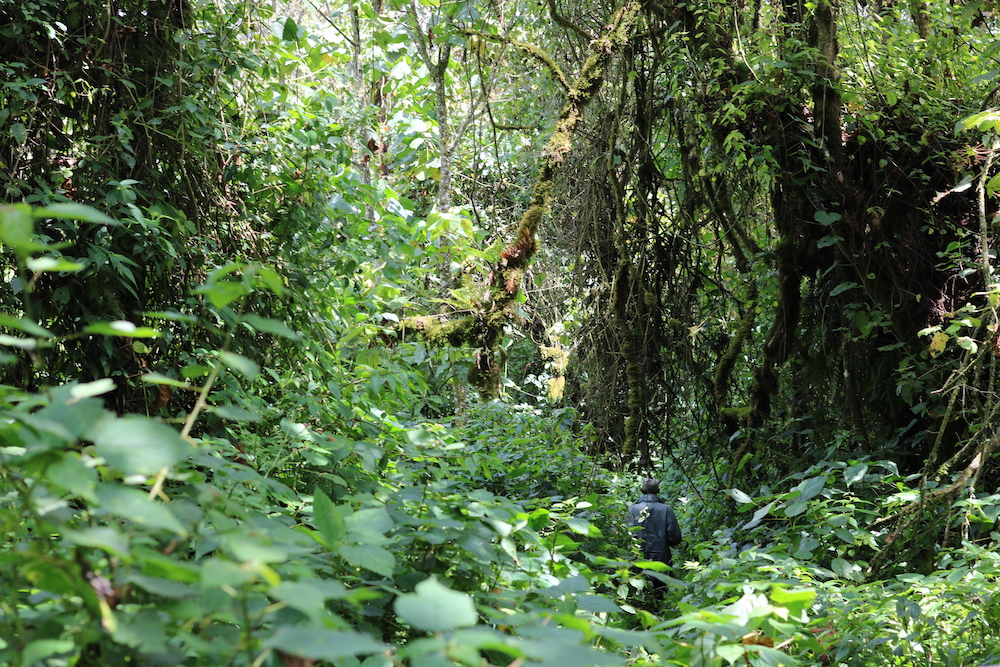
As part of his presidential agenda, Lula has pledged to combat deforestation in the Amazon, a region that encompasses more than 10,000 endangered species, in partnership with the country’s Indigenous communities. What’s more, the President-Elect has pledged to form an alliance of countries working together to “preserve their forests and pressure rich countries into contributing to the cost.” According to Reuters, this coalition would be achieved by creating a global carbon market in which rich countries are incentivized to engage in carbon reduction projects through carbon credits. From Peru to Indonesia to the Democratic Republic of Congo, the initiative would extend well beyond Brazil’s borders, bringing hope to environmentalists globally.
Instituto Alok is the official foundation of Brazilian star DJ producer Alok. The organization is focused on social justice and protecting the Amazon rainforest and its stewardship by Indigenous people.
“We are very hopeful that the commitments of zero deforestation in the Amazon and the creation of a Ministry of Indigenous Peoples — among others — will soon materialize in creative and democratic public policies,” Instituto Alok Executive Director Devam Bhaskar told Age of Union.
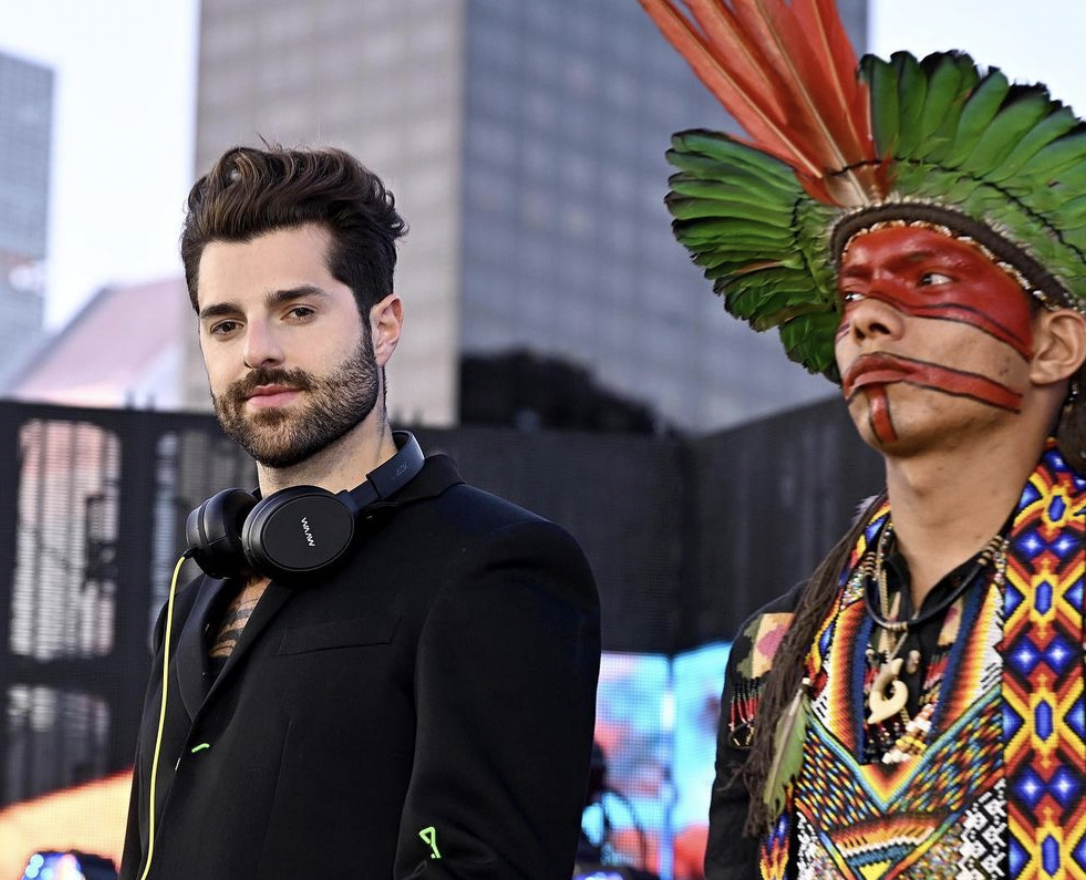
Age of Union is supporting on-the-ground initiatives in all three of these areas — the Congo Basin, alongside Forest Health Alliance; the Madre de Dios region with Junglekeepers; and the Dulan forest in Borneo, Indonesia, with Kalaweit.
“This is a moment of hope and opportunity to protect the world’s equatorial forests, where Age of Union has some of its most strategic conservation projects,” said Age of Union Founder Dax Dasilva. “Working across nations, we have a real shot at preserving the lungs of the Earth.”
Working hand-in-hand with local communities, environmental defenders have witnessed firsthand the destruction of their forests. Today, they are all hopeful that the election outcome will usher in an era of change and that Lula’s environmental agenda will contribute to a more sustainable future before it’s too late — with caution on how these ambitious goals should be achieved.
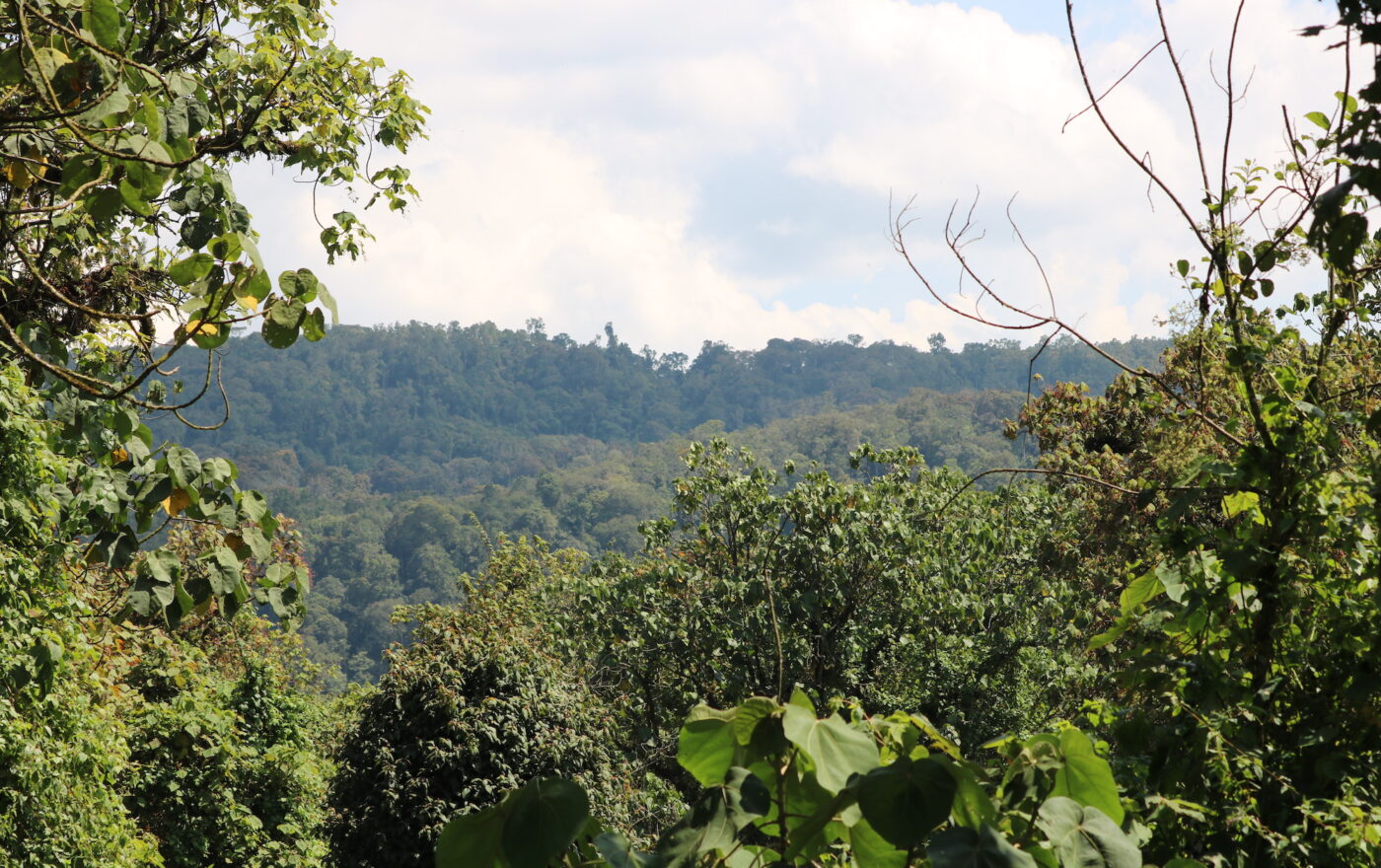
“The recent election in Brazil holds strong implications for the Amazon rainforest and the Indigenous people of Brazil,” said Forest Health Alliance Founder and President Kerry Bowman, Ph.D. “If President-Elect Lula is true to his word, deforestation and the protection of Indigenous people and land will be reinstated. We must be mindful, however, that Brazil has changed much since Lula was previously the President; it is now a divided society in relation to both politics and the environment. Attention to the huge climate and environmental importance of the Amazon must be made clear globally. Foreign players must offer support and partnership for this great task.”
Kalaweit and Junglekeepers Founders Aurelien Brûlé and Paul Rosolie both share Bowman’s sentiment, with both underlining the importance of political participation as a way to make one’s voice heard.
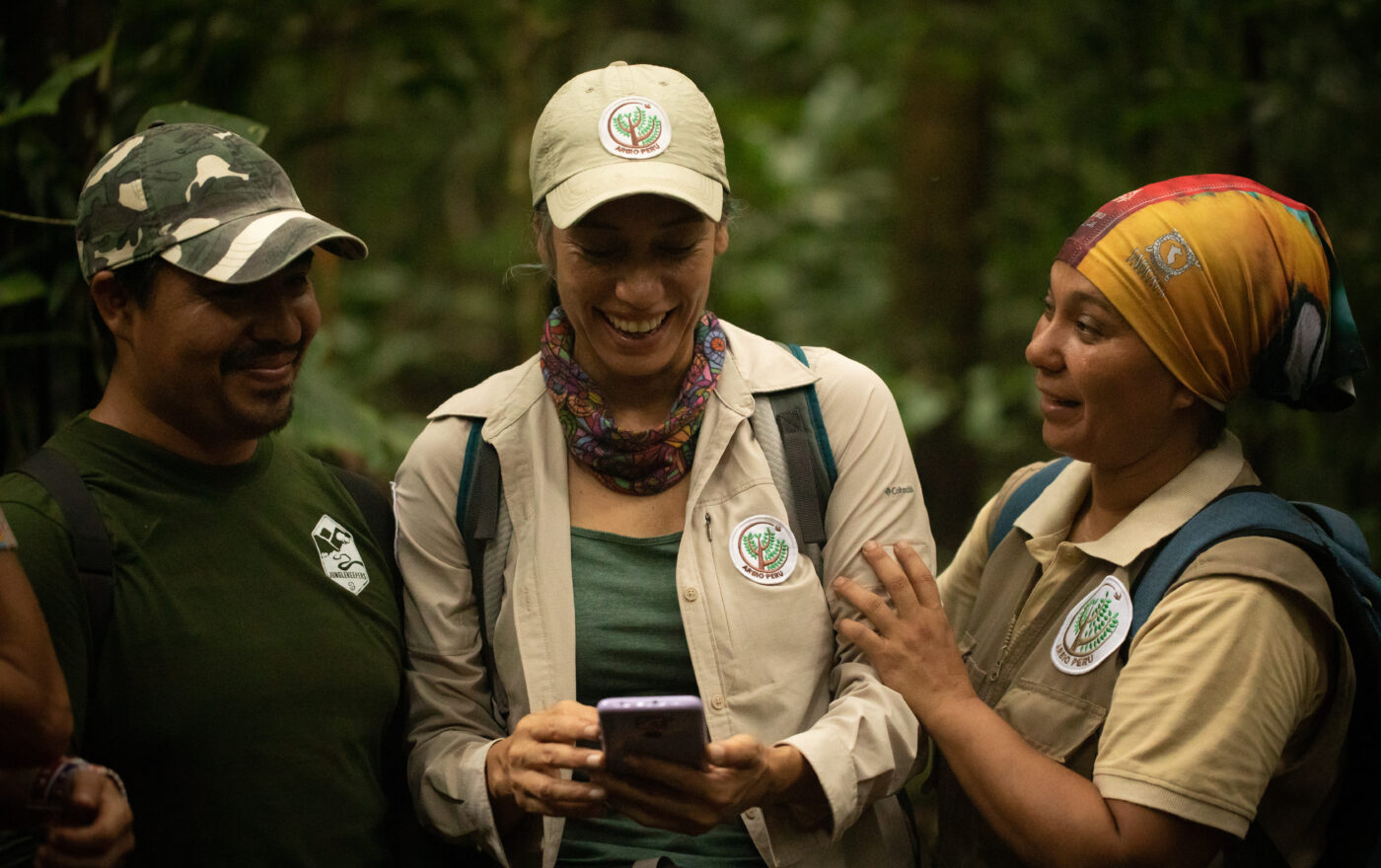
“The election is a source of hope for Brazil and a strong message about the importance of saving the forest,” Brûlé, also known as Chanee, told Age of Union.
Rosolie added: “The fate of endangered species is all subject to who is elected. By voting, we are choosing who we let determine the future of the natural world … This is a major win for the Brazilian Amazon, but Amazonia is a massive biome that covers an area larger than the continental US, and it is going to take years of concentrated attention to pull back the destructive forces that have been sent out to destroy it. The destruction we have been seeing is of a titanic scale, and it will take great effort and time to bring that inertia to a halt.”
Whether or not the new government will be able to fulfill its environmentalist mandate remains to be seen, but the future is certainly brighter than it was yesterday.
Topics
Article written by
Sarah El Gharib
Related
articles
America, News, Project
Expansion of Protected Forest and Wetland in Quebec Marks a Milestone in Collaborative Conservation
America, Project, South America
How Age of Union Helped Save a Threatened Forest in the Peruvian Amazon
News
“Wildcat” Wins Emmy for Outstanding Nature Documentary, Co-Executive Produced by Age of Union
Project
More articles
America, News, Project
Expansion of Protected Forest and Wetland in Quebec Marks a Milestone in Collaborative Conservation
America, Project, South America
How Age of Union Helped Save a Threatened Forest in the Peruvian Amazon
News
“Wildcat” Wins Emmy for Outstanding Nature Documentary, Co-Executive Produced by Age of Union
News
The Jane Goodall Legacy Foundation Welcomes Dax Dasilva to its Council for Hope, Goodall and Dasilva Travel to the Brazilian Amazon to Explore Partnerships with Indigenous Communities
Africa, Explainer, Project

